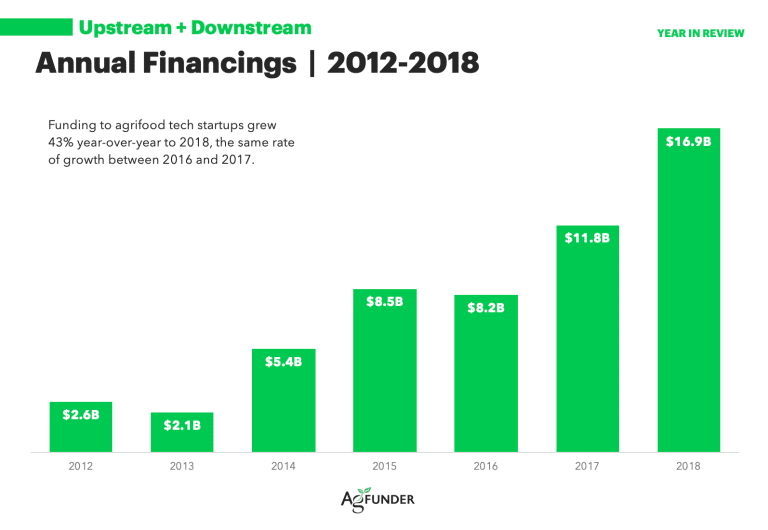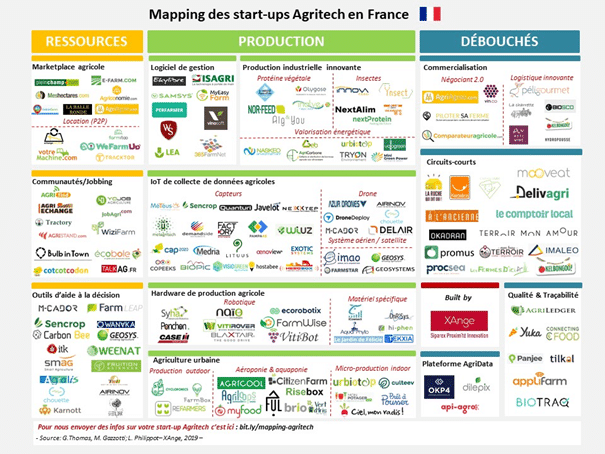
The European Scientist: Guy Waksman, you are one of the leading French experts in precision agriculture. You have just returned from a study trip to the Netherlands, can you tell us some of your findings?
Guy Waksman: I visited Wageningen University (10,000 agricultural students, many of them non-European, 6,500 employees, researchers and teachers). A few dozen metres from the main faculty building is the Atlas building, which houses start-ups inside the actual university, at least while they are in the start-up phase. Once developed, start-ups migrate across campus to the business districts, which maintain close links with the university. This system strikes me as a desirable model and other countries would do well to learn from it.
TES: What are some of the unique features of agri-food start-ups?
GW: Like other start-ups, they raise funds which can sometimes reach fantastical levels, and there are many investors who are interested in the use of information technology, robots or genetic engineering techniques as well as new trends in food consumption; grouping these ideas together may seem odd but it is the investment funds that make that decision.
TES: Is it a global trend?
GW: Globally, if we are to believe AgFunders, a leading specialist in AgriFood Tech startup investments in the USA, involved in all stages of development in the agricultural sector, right up to processing, and to the consumer’s plate at home or in restaurants, almost US$17 billion has been invested.

TES: In Europe, investments, although smaller scale, are also significant
GW: In France, over the last 5 years, €595 million has been invested in agricultural start-ups.
Manon Gazzotti has researched an industry mapping showing more than 60 start-ups.Between 1985-1995, we had already witnessed the rapid and simultaneous explosive growth of some sixty companies developing agricultural software, but most of them disappeared and were absorbed by Isagri, which became a world leader in its sector, and by Smag. What about today’s start-ups? We have good reason to be more optimistic because their staff have an entrepreneurial culture that was certainly lacking in their predecessors. And they rely on local structures or networks such as “Le Village par CA”, an impressive network developed under the auspices of Crédit Agricole. At European level, it is estimated that in 2018 AgriFood Tech start-ups raised between €750 million and €1 billion, down 40% from 2017. The dynamics of a country like Israel are also interesting. AgriFood Tech start-ups have raised US$759 million over 5 years in an ecosystem of nearly 700 companies.
TES: Emerging countries are not to be outdone
GW: Absolutely. In Kenya, the start-up WeFarm has created a farmer information system accessible not only via the Internet but on SMS as well, and which has also recently launched a marketplace.
In Africa, the “Afrique goes digital” consortium comprises over thirty start-ups, several of whom are in the agricultural sector. In Nigeria and Ghana (as well as in French-speaking Africa), start-ups are developing and fourteen of them (selected out of 70 companies) will be presenting to investors and clients at a meeting to be held in late May – early June 2019 in Accra (Ghana).
In India and Brasil just like in other parts of the world you can find these “AgriFood Tech Startups” which aim to sell their applications either as products (purchase of the application) or as services.
TES: You are very optimistic about the future of the sector
GW: We hear so many criticisms of start-ups, their financing model (which can sometimes be rather random), how they are run (young graduates work very hard without always being properly paid), their sometimes overly exuberant marketing (they don’t stint on the promises)….. Having said that, we must recognize that these young companies are surprisingly creative and dynamic. And all these young people who are involved in the “AgriFood Tech Start-ups” will certainly provide a new outlook for the primary sector, as it was once called. So, if we may allow ourselves to be proactive about this, it would be great to see all our research centres generating start-up incubators locally.
This post is also available in: FR (FR)DE (DE)